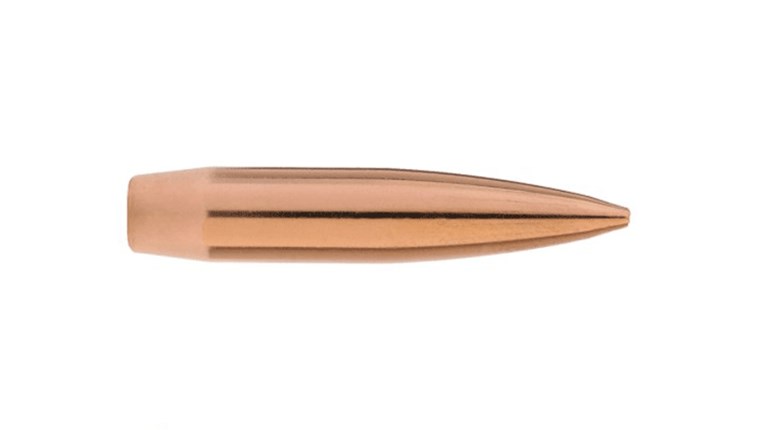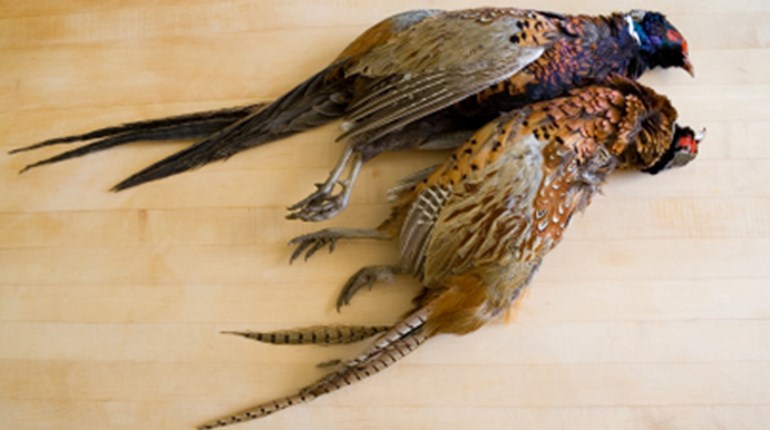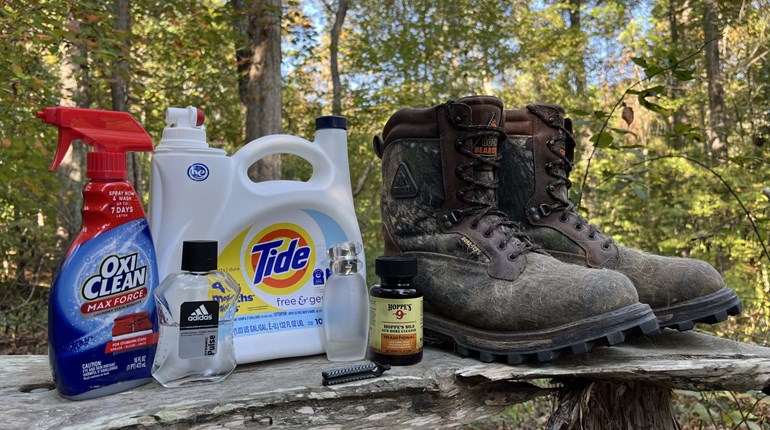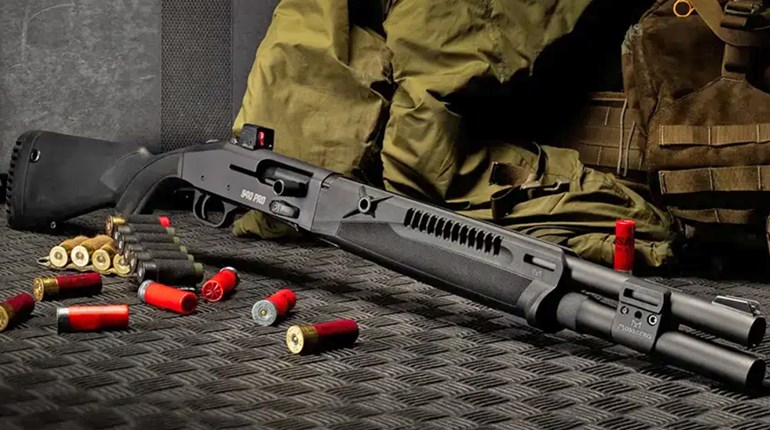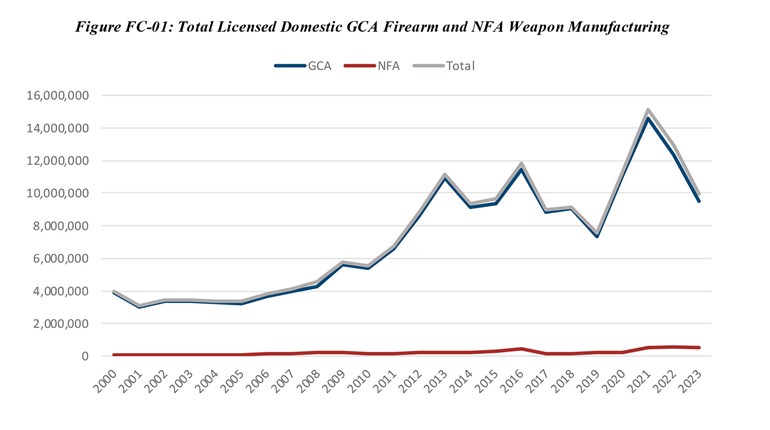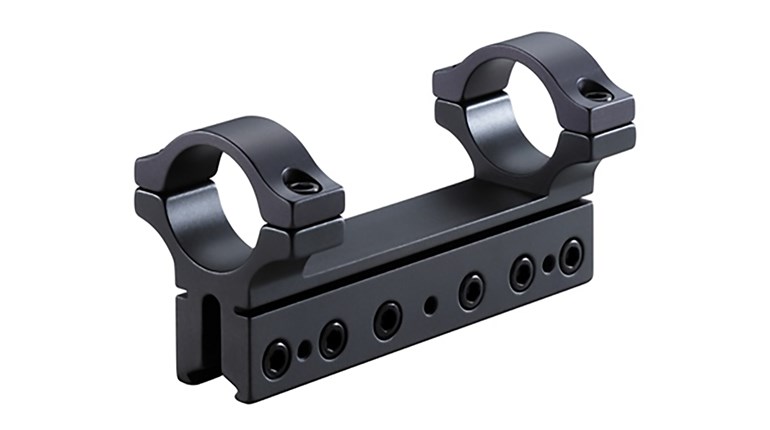
My friend and fellow dog man Brian Lynn sure does know how to stir up trouble. Not only does he think Labs make better pheasant dogs than springers (give me a break), but a blog post he wrote for Outdoor Life in January 2012 has fueled an argument between two rival Alaskan newspapers.
Okay, so it's not really Brian's fault. All he intended was to report on an amazingly rare trophy bagged by a fellow hunter in duck camp: a banded king eider. The story made its rounds among duck hunters and died down, but in October it was discovered that the eider was banded in February 1996 as part of an oiled birds rescue. The incident began when a crab processor collided with a freighter, dumping significant oil into the sea. International Bird Rescue snatched up 165 eiders for rescue; 155 survived, and were banded and released. Sixteen years later a hunter sharing camp with Brian shot one of them.
According to the Anchorage Daily News, International Bird Rescue was elated to learn that one of the oiled birds had survived so long:
It's a big deal to know the duck lived for 16 years, at the far upper range of its life span, because so little data on the long-term survival of such birds exists, [emeritus director of International Bird Rescue] Jay Holcomb said.
Rescuers also contend the recovery of the king eider offers at least anecdotal proof that the cost and effort of rehabilitating oiled birds pays off, something critics have long questioned.
"The question is, do they survive? And is it equal to the time and money you're putting into them?" Holcomb said.
In this case, he said, the answer is yes.
So, you see, the banded king eider proves that de-oiling birds is a worthy cause that saves birds' lives. Or does it? Craig Medred, writer for the Alaska Dispatch, argues that International Bird Rescue engages in feel-good efforts that waste a lot of money while providing little tangible benefit to wildlife. From Medred's story:
In [the case involving the banded king eider], 165 oiled birds were shipped 750 miles east from St. Paul Island to Anchorage to be treated, a traumatic experience for the birds.
Amazingly, 155 of them survived the big-city cleansing. Their reward was to be shipped 750 miles back to St. Paul Island and released. Sixteen years later, one of them was shot and killed. Shot legally, it must be added, by a duck hunter. All of which raises an obvious question: Why not shoot the birds immediately and save them the suffering?
That is what is done with badly oiled birds in other countries, but not here. Oh no, not in America, where we want to feel good about saving animals, other people, you name it. And hey, it does feel good.
All of which might be part of the reason nobody in government has the guts to stand up and say "no'' to wasting money and resources on the meaningless rescue -- or worse, the torture -- of short-lived birds or at least short-lived oiled birds.
Medred could also have pointed out that at last estimate North America's king eider population totaled 375,000 birds, while common eiders numbered 311,000-375,000. Was saving 155 birds beneficial to the species?
Perhaps more importantly, is cleansing oiled birds more humane than, say, euthanizing them on site? Or was it a waste of money that only made humans feel better about the birds' plight? I welcome you to voice your opinion in the comments section.












